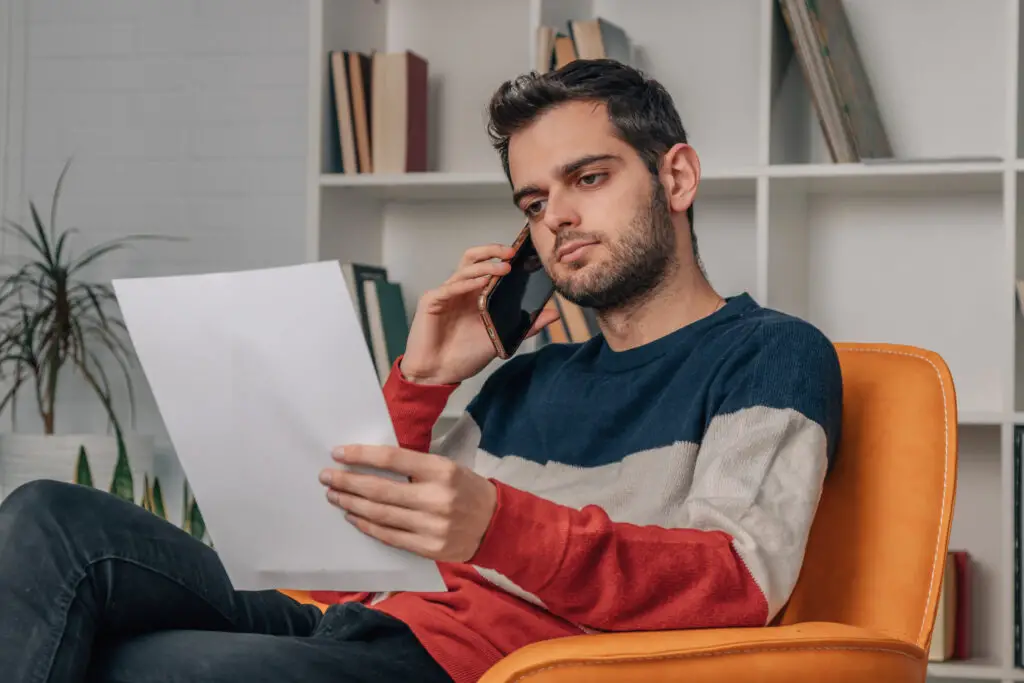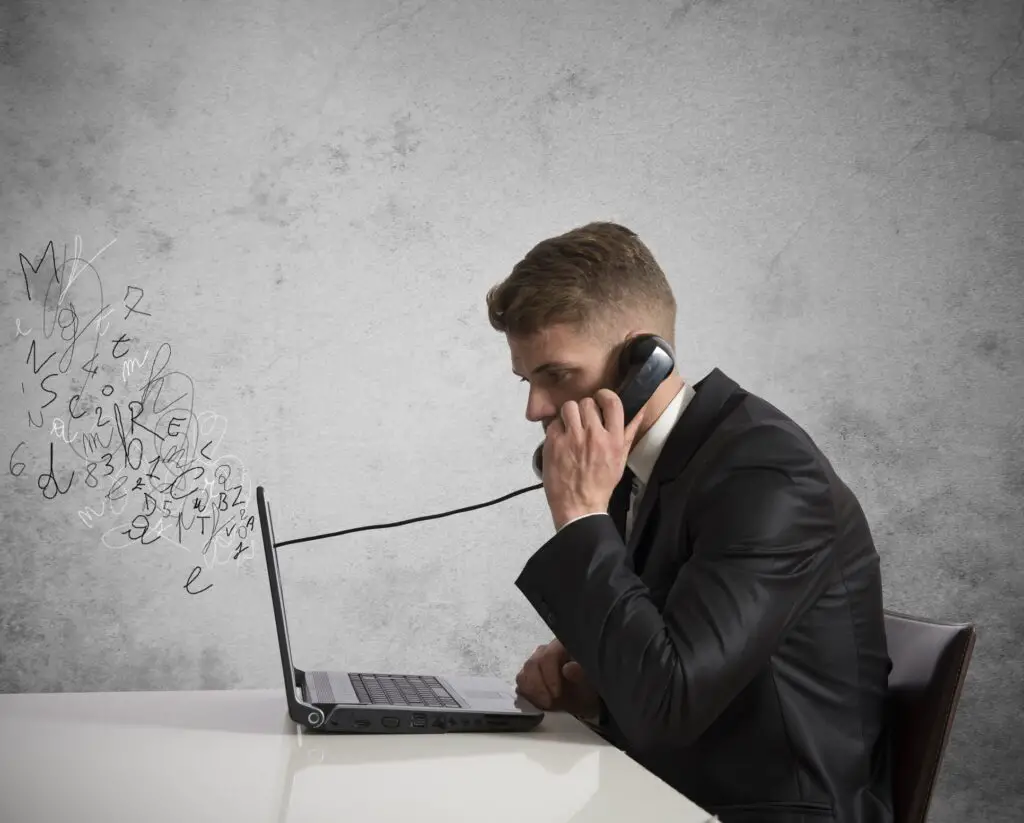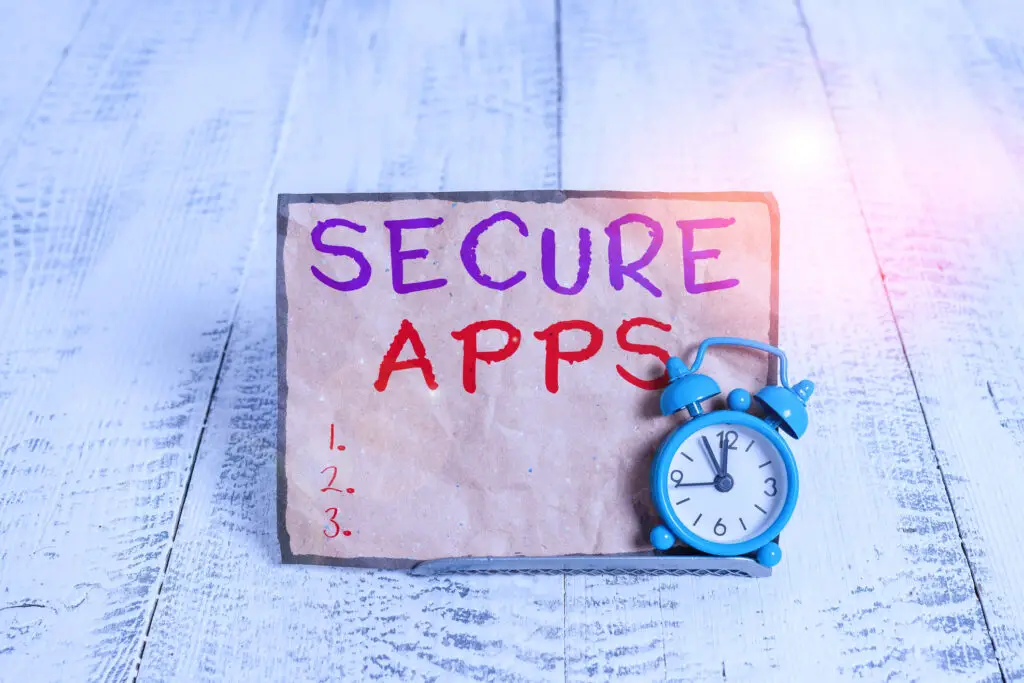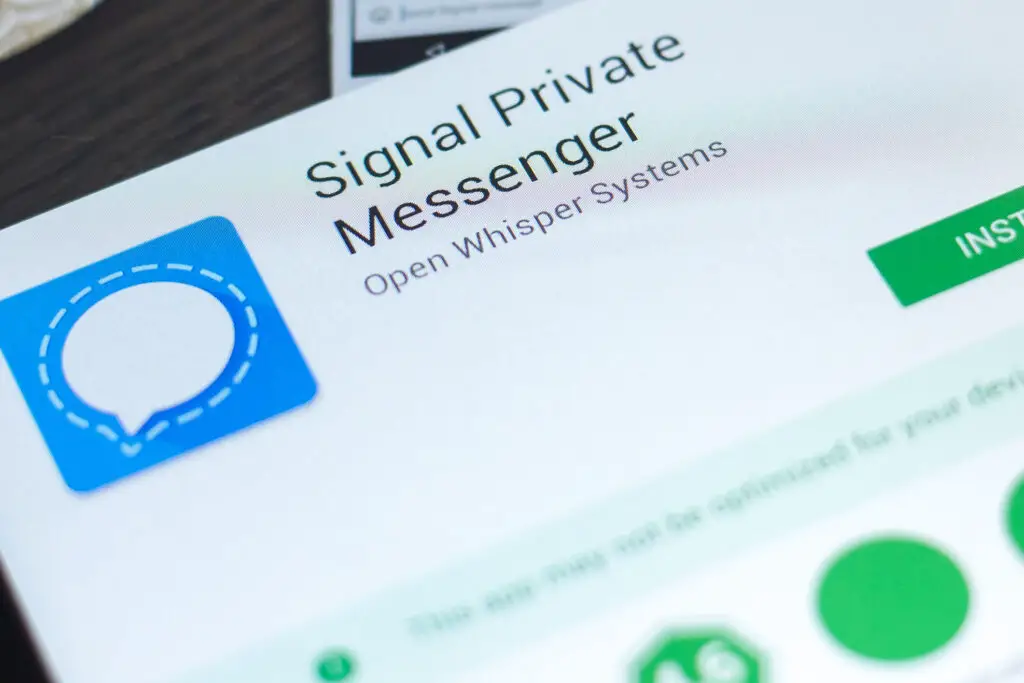WhatsApp is a top-rated application for contacting your friends and family worldwide. With over 2 billion users, it’s no surprise it’s used for just about every communication purpose out there! However, you may wonder if WhatsApp calls show up on your phone bill like regular calls or if they are cheaper than standard international calls.
WhatsApp calls do not show on the phone bill. All calls and messages are transmitted over your smartphone’s internet data connection. Audio and video calls over WhatsApp are unmetered and encrypted for privacy. Only standard phone calls are displayed on a monthly invoice.
In this article, we’ll dive deeper and see what’s happening behind the scenes!

How Normal Cellular Phone Calls Are Sent
When talking on a mobile phone, you aren’t physically connected to any part of the network; no wires are trailing from your phone, for example. So, how does your voice go anywhere?
Your cell phone picks up your voice using its microphone and converts the sound into varying electrical signals.
These signals drive a microchip that produces radio waves. The radio waves are received by the nearest cell tower. They are transmitted around the network until they reach the person you’re talking to.
At that point, the recipient’s cell phone decodes the radio waves and converts them back into sound.

How WhatsApp Calls Are Sent
WhatsApp does not make use of the traditional cell network. Instead, it transmits your voice (and video, if you’re making a video call) across the internet.
Your voice is converted into small packets of data before being sent over the regular internet network you use.
This is usually a cellular data network while you’re out and about. However, you are using wireless internet at home. In that case, you may also have your data carried over to your provider’s network.
These packets of data are received by the person you’re talking to and transformed into audible discussions.
This technology is known as VOIP, or Voice Over IP. You can read more about how VOIP works here.
Of course, the person receiving your WhatsApp messages or calls must also have WhatsApp installed to receive the data in an appropriate format.

Why WhatsApp Calls Are More Secure & Private
WhatsApp uses a technology known as end-to-end encryption when sending calls and messages across the network.
Simply put, this technology means you and the other people in the conversation are the only ones with the correct “password” to be present.
You have a “key” to “unlock” the encryption on the messages or voice data packets. This allows you to listen to or read the messages, as can everyone else involved in the conversation.
There are a few ways people can get access to your messages or calls:
- Someone has managed to break the encryption of your conversation (which is unlikely, considering the sheer number of key combinations available)
- Your internet connection has been compromised (more likely if you are using a WiFi network rather than your 3G or 4G connection)
Outside of this, it’s unlikely anyone will be able to access your calls or texts.
Your cell phone does not encrypt the radio waves it sends; it only converts your voice into them and then sends them off.
As a result, someone could pretend to be a regular cell tower and absorb your phone’s signals before redirecting them back onto the network.
This is perhaps most well-known in the case of the use of “Stingray” devices by law enforcement authorities.
These devices act as fake cell towers when really they’re also recording the data they capture!
End-to-end encryption typically stops the effective capture of information by such methods, meaning it’s much more secure.
This is because interceptors need to break the messages’ encryption and catch the message in the first place— adding an additional, difficult step to the process.

There Are More Secure Chat Apps
WhatsApp could have a better reputation for privacy, mainly because of its parent company Meta.
The privacy scares and scandals of Meta are well-known. Their privacy standards need to be more well-respected among the broader community of technology users at this point!
Although these were principally linked to the Facebook app itself and data that was held there, more is needed to improve confidence in the company’s other products, such as WhatsApp.
Their apps are not the best choice if you want a secure communication medium.
Luckily, many other providers out there also use end-to-end encryption to protect your messages and calls while not having the drawback of being owned by Meta.

Signal
Signal is another WhatsApp-like application.
Just like WhatsApp, you register with a phone number, and it encrypts your calls end-to-end.
At the moment, Signal will encrypt your messages, but SMS functionality will be removed from the Android app in 2023.
Session
Session is another encrypted messaging option that doesn’t require you to provide any personal information to register.
This might pique your interest if you really don’t want to have any possibility of compromising your details.
Briar
Briar also provides encrypted messaging and has the additional feature of establishing a direct path between end users. This avoids possible interception in the middle by someone pretending to be a regular redirecting agent.
There are also plenty of other options for encrypted messaging, some of which are listed on this Wikipedia page. However, as with all apps, you should ensure that the one you use has a good reputation.
Bad actors can create “secure” messaging applications that are anything but and are used instead to capture your data. Think twice before downloading an app that was released just yesterday.
